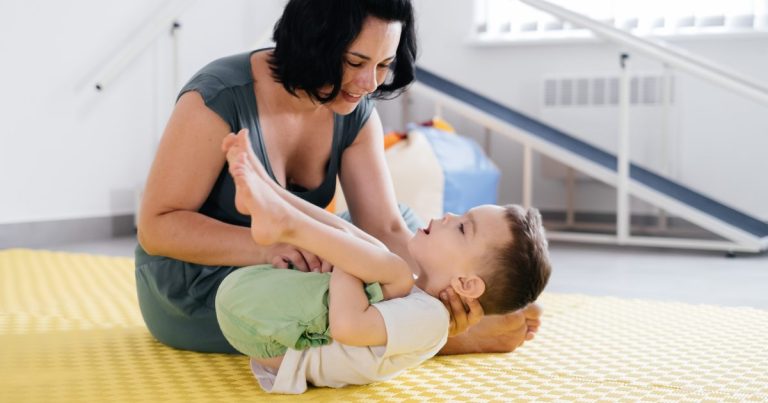At times it can seem that no matter how many toys, video games, outside entertainment, our children suddenly develop a knack of being very uninterested in any of them.
Currently children are bombarded with distractions from the Wiggles on television, through to a range of after school activities, the options never seem to end. However, is letting your child be bored such a bad thing?
Let’s look a little deeper into the issue.
Can being ‘bored’ be a good thing?
Many modern-day researchers would argue that boredom can help a child in many different ways.
Experts at the Child Mind Institute based in the US, explained that bored can actually lead to an improvement in skills such as planning strategies, problem-solving skills, flexibility and organisational skills.
“It’s not the boredom itself that helps children acquire these skills — it’s what they do with the boredom. Typically, kids don’t plan their days, but when they work on a project to fill their time, they have to create a plan, organise their materials and solve problems,” Stephanie Lee, PsyD, director of the ADHD and Behaviour Disorders Center at the Child Mind Institute.
“Developing these skills helps children better manage a variety of academic tasks, such as planning for long term assignments, and flexibility when working on group projects and social skills. The key is to help kids learn how to manage their boredom so they can develop independence and feel agency over their own happiness and well-being,” Dr. Lee advises.
According to academic Teresa Belton there is are definitely some positives when it comes to allowing your child to be bored.
“Children need time to themselves – to switch off from the bombardment of the outside world, to daydream, pursue their own thoughts and occupations, and discover personal interests and gifts,” explains Professor Belton.
Her research has shown that when a child that engages in some low-key, undemanding activity, the wandering mind is more likely to come up with imaginative ideas and solutions to problems.
“Most parents would agree that they want to raise self-reliant individuals who can take initiatives and think for themselves. But filling a child’s time for them teaches nothing but dependence on external stimulus, whether material possessions or entertainment. Providing nurturing conditions and trusting children’s natural inclination to engage their minds is far more likely to produce independent, competent children, full of ideas.”
Need some boredom beating tips?
Sometimes it can still be hard to cope with bored kids and a struggle to find new ideas to keep them occupied, here are our top three tips!
1. Stock the cupboard with creative material
From magazines, to boxes, to material, to bubble wrap…never throw it away!
Find an empty cupboard or buy a large plastic tub and keep it filled with a wonderful array of “junk”.
An empty cereal box can be cut up, painted and become a mini city. A toilet roll and some string can
turn into an adventurer’s binoculars.
2. Get kids involved around the house
As parents it can very simple to just turn on the television and let the kids settle in for hours on end while you get on with the household jobs. Instead, why not get them involved?
- Can they help you around the garden with weeding or tidying?
- Can they help you sort out the boxes in the garage (you might uncover some fun treasures)?
- Can they help you wash and clean the cars?
- Can they help you cook dinner or meal plan for the week?
There’s a range of different household activities that your child can help you with, not only will it
give them great life skills, but it will also get rid of the boredom!
3. Utilise your community
Boredom can sometimes be due to loneliness, so why not get all the kids together?
Start looking into creating a network with friends and family who have a child and perhaps work on a
timetable of play dates. Remember all parents are in the same boat so any support you can give (and
receive) will work wonders!
Play dates don’t have to include excursions either, why not get that craft box out again or set up a
tent in the back yard – let the kids imagination go wild!
Remember next time your child complains of boredom:
- Boredom gives children an inner quiet that helps with imagination and self-awareness.
- Creative processes can stimulate interests that will stay with the child for life.
- Children develop creative skills when they have to – come up with solutions to boredom.






